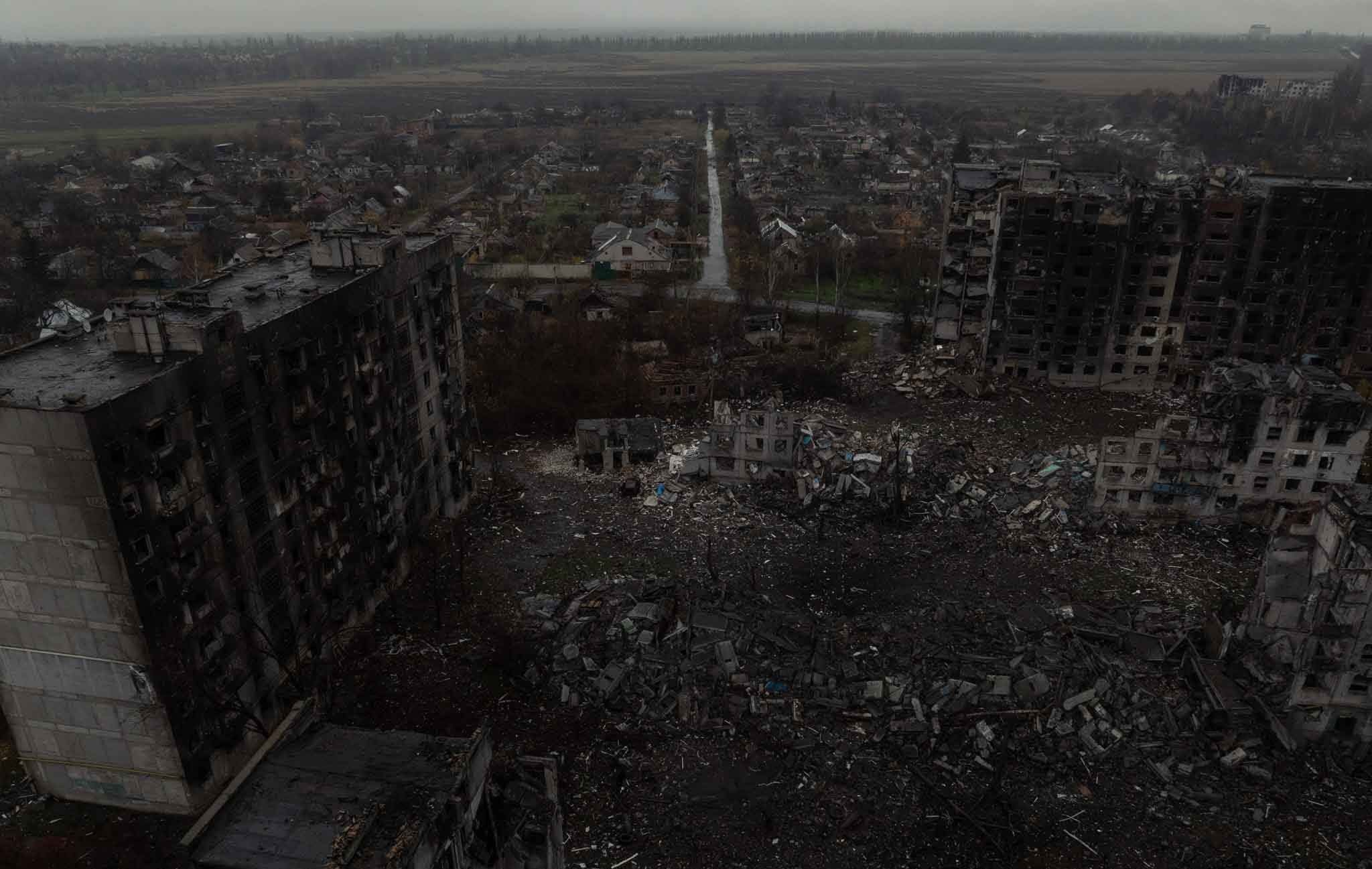EU talks about the end of the war in Ukraine: what is behind the West’s synchronized signals
17 November 19:45 EXCLUSIVE
EXCLUSIVE
In their speeches on November 17, French President Emmanuel Macron and European Commission President Ursula von der Leyen simultaneously spoke about the need to set a benchmark for ending the war in Ukraine. This seems to be a wake-up call: leading European politicians are openly talking about the need to strive for an end to the conflict in the near future, thus signaling their desire to make next year the year of finding a solution.
Is this a coordinated position of the West? What factors can actually influence the outcome of the war? Ukrainian political scientist Volodymyr Fesenko explained the logic of these signals and the key risks in a commentary for "Komersant Ukrainian".
Not synchronicity, but a common desire to end the war
Fesenko emphasizes that the coincidence of the statements is not the result of an agreed “Western line,” but a common desire to end the war next year.
“This is not a synchronization of statements, but rather a common desire to end the war next year,” the political scientist said.
According to him, 2025 can no longer be considered a realistic deadline for ending the war, primarily because of the dynamics of the front and the protracted nature of the fighting.
“It is obviously almost impossible to end the war this year… and we don’t want to drag it out until 2027. It is too expensive,” explains Fesenko.
“Is it possible to end it in 2025? The key factor is the situation at the front
According to the expert, the decisive factor is the military balance on the battlefield.
(“It all depends on the military situation. If we manage to stabilize it, then it will be possible next year,” he notes.
However, Fesenko warns that this scenario is not guaranteed. The situation is changing rapidly, and Ukraine’s ability to maintain strategic stability depends on the support of its partners.
Trump’s role: why he is the only external player able to influence the negotiations
One of Fesenko’s most sensational statements is that only Donald Trump can have a real impact on the course of the war in the diplomatic sphere.
“The only world leader who can influence the situation is Trump… not because he is omnipotent, but because Putin wants to negotiate with him,” the political scientist explains.
“It is the Kremlin’s desire to reach an agreement with Trump that creates a potential window of opportunity. But this window is very narrow.
Putin wants to reach an agreement now on his own terms – that’s the problem,” Fesenko adds.
According to him, Trump cannot accept such conditions, as it would look like a defeat for him.
Putin does not want the war to end, and this is the main obstacle
Despite the optimistic signals from the West, it is the Kremlin’s position that is the key stopping point.
Putin does not want to end the war. He still believes he can win,” Fesenko emphasizes.
“As long as this belief persists, the possibility of a peaceful settlement remains minimal.
Should we expect the war to end in 2025: an expert’s forecast
The political scientist emphasizes that even if Western political leaders show optimism, there are no guarantees.
I would like to, but there are no guarantees. No one can say for sure when this war will end. And how it will end, too,” Fesenko summarizes.
“Therefore, the announced benchmarks are political in nature and work as an instrument of pressure and mobilization of diplomatic resources, but they are not a plan with clear implementation mechanisms.
Macron and von der Leyen’s loud statements create a political framework for the next year: they push international partners to coordinate and intensify their efforts.
For Ukraine, this is a chance to send a clear message to the partnership: there is an international will to work to end the war, but the timing and format of the solution remain a matter of real balance of power and political decisions at the highest level. As Fesenko summarizes, the common desire is already a step forward, but success will depend on stabilization at the front and the willingness of key global players to act in the interests of Ukraine.
Read us on Telegram: important topics – without censorship









